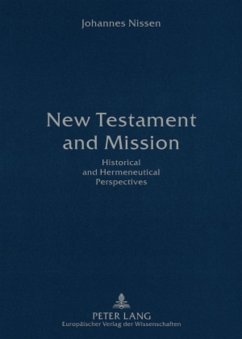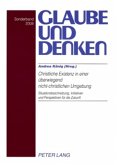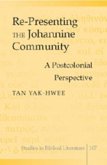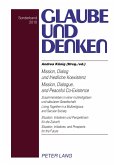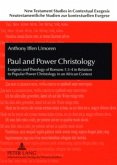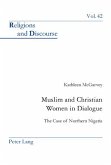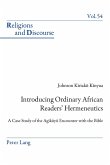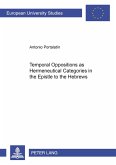This book brings together insights from two fields of study: biblical scholarship and missiology. The Great Commission in Matthew's Gospel is often seen as the biblical foundation for mission. The New Testament, however, reflects a variety of models for mission. Each model is examined with regard to historical meaning as well as hermeneutical significance. The final chapter focuses on three issues of great importance for the present situation: unity and diversity in mission, the gospel in relation to cultures, and Bible and dialogue models.
«Nissen writes clearly and succintly, and offers much insight for mission today. His analysis is based on a solid and wide foundation in biblical and missiological scholarship, and he offers a helpful 16-page bibliography at the end of the book.» (Michael Goheen, Mission Studies)
«The fact that the work has reached its fourth edition is testament to its enduring value as an overview of missiological interpretation of the NT, with its groundbreaking analysis of 'missio dei' thinking. There are no textual differences between this edition and the second edition reviewed elsewhere. The volume remains a classic text and essential reading for those exploring this area of scholarship.» (Peter Philips, Journal for the Study of the New Testament)
«The fact that the work has reached its fourth edition is testament to its enduring value as an overview of missiological interpretation of the NT, with its groundbreaking analysis of 'missio dei' thinking. There are no textual differences between this edition and the second edition reviewed elsewhere. The volume remains a classic text and essential reading for those exploring this area of scholarship.» (Peter Philips, Journal for the Study of the New Testament)

